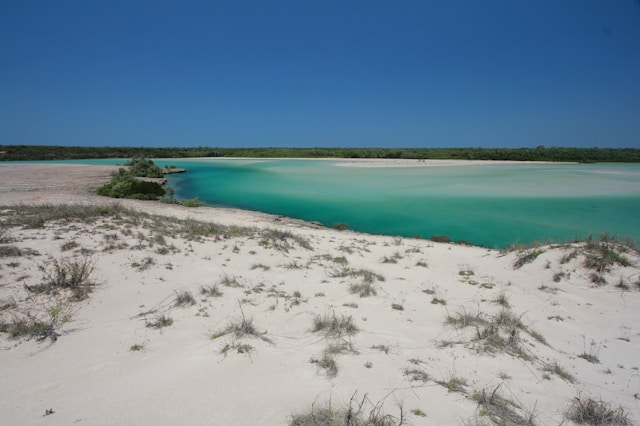Electricity bills have jumped by $300 on average since April, with the consumer watchdog citing several reasons for skyrocketing costs.
The head of the Australian Competition and Consumer Commission (ACCC) said this represented a 25 per cent increase for the median residential household connected to the national electricity market.
For small businesses, ACCC chairwoman Gina Cass-Gottlieb told a parliamentary committee the increase was more like $1500.
Responding to a question about price-gouging in the resources sector during an economics committee hearing, Ms Cass-Gottlieb said there were several factors driving up energy costs.
She pointed to the war in Ukraine, unexplained generator outages, as well as climate change-induced flooding affecting coal mines and coal-fired generators as factors causing price increases.
Broadly, Ms Cass-Gottlieb said the steep price hikes were explainable and not necessarily indicative of anti-competitive behaviour.
However, she said the ACCC was monitoring both gas and electricity operators carefully and was reporting back to the treasurer every six months.
Consumers could be hit with even higher bills in the next 12 months, with the head of major energy company Alinta Energy warning retail electricity prices could lift by more than 35 per cent next year.
But the Labor government says it will bring down energy prices over time and has stuck by its election commitment to lower electricity bills by $275 by 2025.
Liberal MP and economics committee deputy chairman, Garth Hamilton, said households were struggling with cost of living pressures.
“Households could really use the government’s promised $275 reduction in energy prices,” he told AAP.
“This coming budget must deliver those energy cost reductions.”
Ms Cass-Gottlieb also told the economics committee she was yet to spot any evidence of abnormally high petrol prices in the wake of the reinstated fuel excise tax.
The ACCC was tasked with watching retailers carefully for signs of unnecessarily large price hikes when the halved tax was returned to its full 44.2 cents-a-litre level last month.
The heads of the Australian Prudential Regulation Authority and the Australian Securities and Investments Commission (ASIC) also fronted the economics committee.
ASIC officials fielded questions about “fin-fluencers”.
“What we’re calling out is people or entities, overstating what investors or consumers might be putting their money into without a proper basis without being properly qualified,” ASIC chairman Joe Longo said.
He said messages were often amplified on social media.
“And a lot of individuals are leveraging their reputations in the community to lend some credence to whatever it is they’re suggesting people should be doing,” Mr Longo said.
“So in those circumstances, that can often lead to people losing their money.”
The economics committee hearing followed a probe of the Reserve Bank of Australia three weeks ago.
Poppy Johnston
(Australian Associated Press)




